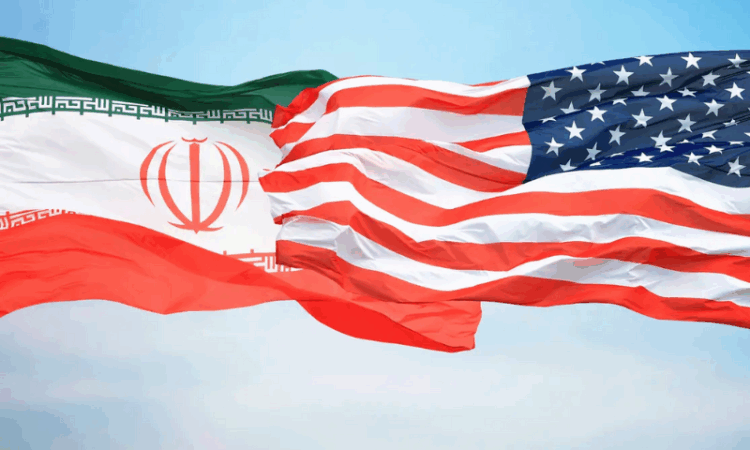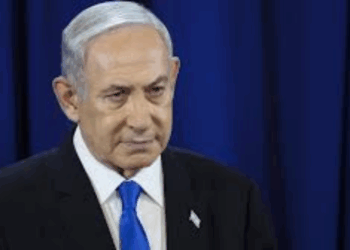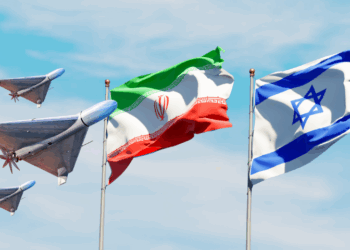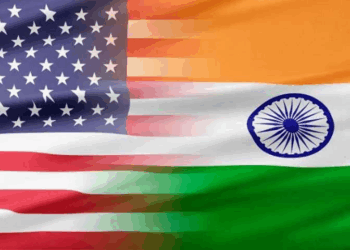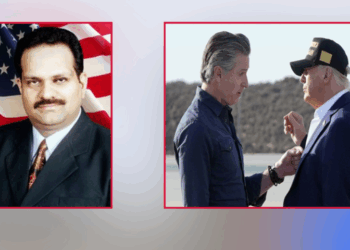Tehran, June 10, 2025: Iran announced on Tuesday that a new round of indirect nuclear talks with the United States is scheduled for Sunday in Muscat, Oman, marking the sixth such meeting in ongoing efforts to revive diplomacy amid heightened tensions over Tehran’s uranium enrichment programme.
The announcement comes after Washington submitted a new proposal aimed at reviving elements of the 2015 nuclear accord, which was abandoned in 2018 by then-President Donald Trump during his first term. The two countries, long-time adversaries, have now held five rounds of talks since April—representing the highest-level engagement in years.
“The next round of Iran-U.S. indirect talks is being planned for Sunday in Muscat,” Foreign Ministry Spokesman Esmaeil Baqaei said in a statement. While Trump earlier suggested the talks could take place as soon as Thursday, Baqaei clarified that Iranian Foreign Minister and Chief Negotiator Abbas Araghchi would first attend the Oslo Forum in Norway, a high-level gathering of international conflict mediators.
The latest round follows Tehran’s formal receipt of a new U.S. proposal for a potential deal. Araghchi described the proposal as containing “ambiguities” and lacking key components, particularly in terms of lifting economic sanctions, a core demand from Iran.
Tehran has said it will respond with a “reasonable, logical, and balanced” counter-proposal, to be conveyed through the Omani mediators. Iran has long insisted that any deal must include comprehensive sanctions relief, particularly as the country grapples with the economic strain caused by years of punitive U.S. measures.
On Monday, Trump stated that the upcoming talks could help determine whether a diplomatic solution is possible or if military action may be required.
The core dispute between Tehran and Washington continues to revolve around uranium enrichment. Iran currently enriches uranium up to 60% purity—far above the 3.67% cap set by the 2015 Joint Comprehensive Plan of Action (JCPOA), yet still below the 90% threshold needed for a nuclear weapon.
While the U.S. and its Western allies accuse Iran of pursuing nuclear weapons, Tehran maintains that its programme is entirely peaceful and within its sovereign rights.
Iran’s Deputy Foreign Minister Majid Takht-Ravanchi dismissed media reports suggesting a deadlock in the negotiations.
“Any international negotiation of this scale comes with sensitivities and requires patience,” he told the official IRNA news agency.
“Our primary goal is to safeguard national interests, and we remain committed to that path.”
He added that the upcoming talks will be the first exchange focused on written proposals, allowing both parties to formally present their positions on enrichment capacity and sanctions relief.
Meanwhile, the International Atomic Energy Agency (IAEA) began its Board of Governors meeting in Vienna on Monday to assess Iran’s nuclear activities. A recent IAEA report criticised Iran for “less than satisfactory” cooperation, citing unexplained nuclear material found at undeclared sites.
Iran rejected the report, accusing the IAEA of relying on “forged documents” allegedly provided by Israel, and deemed the assessment politically biased.
In a phone call with Japanese Foreign Minister Takeshi Iwaya on Tuesday, Araghchi warned that any move by the IAEA Board of Governors to adopt a resolution against Iran would provoke a swift and “appropriate” Iranian response.
“Any ill-considered and destructive decision at the Board of Governors will be met with a firm reaction,” Araghchi said.
Iran has also hinted it could further scale back cooperation with the IAEA if the resolution is passed.


